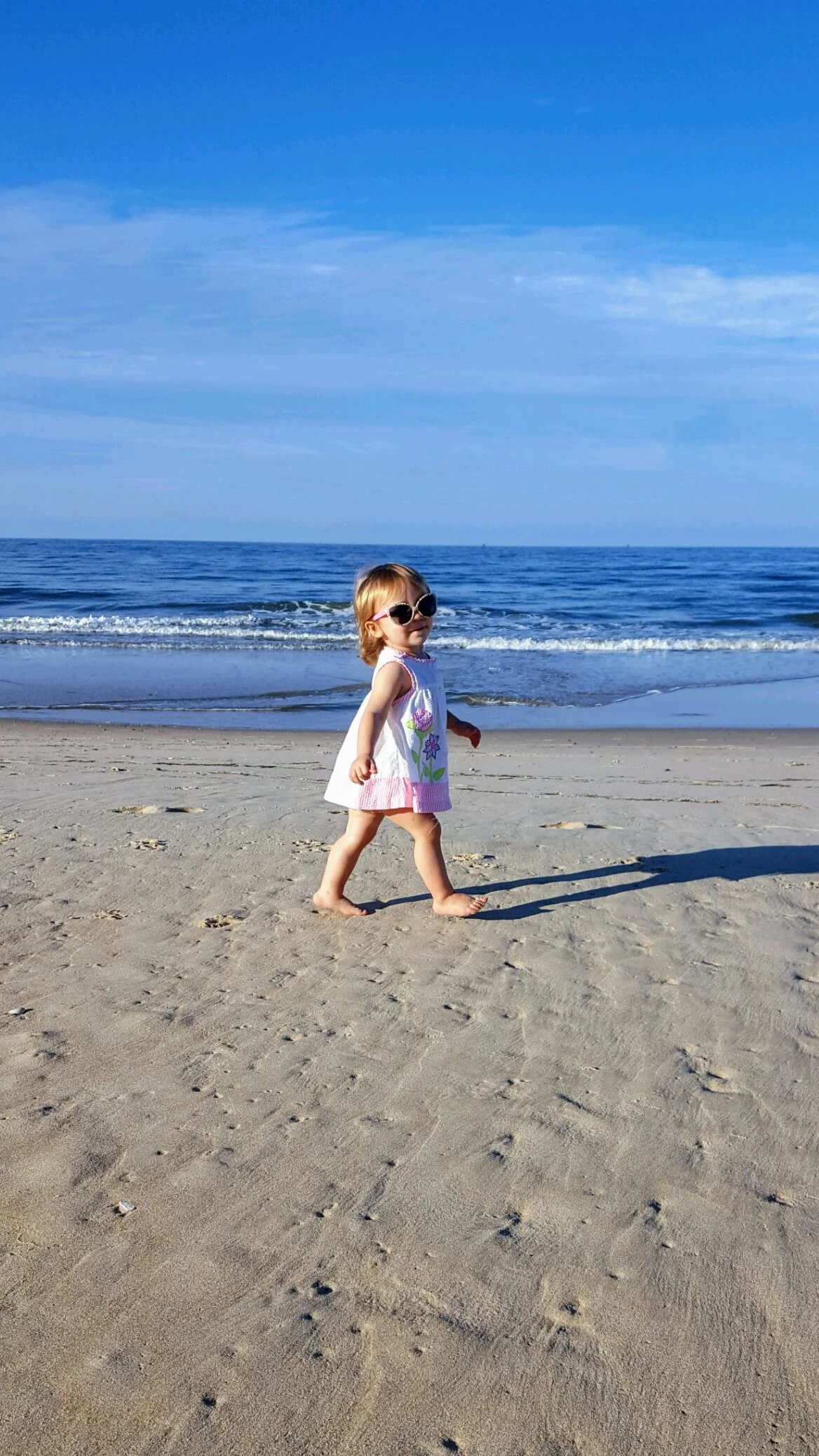Looking For A Summer Internship? Get A Job Instead.
It’s January. Time for high school and college students to start filling out applications for summer internships.
You know, those unpaid or almost-unpaid 10-week jobs at law or doctors’ offices or at publications that are designed so precocious students can get a taste of whatever it is they want to do after they graduate from college.
Here’s a thought, kids: Don’t bother.
Instead, get a JOB this summer. A real one.
A job that pays money. Preferably in a place where you’ll meet people who don’t look like Mommy and Daddy or socialize with them. One that leaves you bone-tired at the end of the day. Maybe a job that’s a little bit dangerous.
Think of it this way: If you want to be a writer, you’ll meet people who will be excellent models for characters in your first novel. If you want to be a lawyer or doctor, you’ll meet people who will someday be your clients or patients.
Most of all, it’ll get you out of your middle-class cocoon. Give you a glimpse of how the working class lives, because you’ll never get that during a traditional internship.
And no, interviewing manual laborers is not the same as working with them. Sorry, would-be reporters.
For three summers when I was in college, I waitressed at a Jersey Shore seafood joint where college girls worked side by side with tough, seasoned waitresses. There, I quickly learned that having read Proust didn’t help me get food on the table while it was hot, or teach me what I needed to do to get good tips.
And it was there I learned that women who worked full time in the food service industry were some of the most canny observers of human behavior I’d ever encountered. They could spot a good tipper as soon as he entered the place, and it had nothing to do with quality of his clothes or accessories.
“This is the only job you’ll ever have where you get reviewed 10 times an hour,” one of the seasoned servers warned on my first day.
She was right. Tips were usually commensurate with performance. I learned that a smile and hustle were the keys to success.
Turned out that was true in my newspaper career, too.
Another summer I worked in a book bindery. A sweatshop.
It was a one-story cinder block building in Trenton. The sun beat down on that un-air conditioned oven where several dozen people toiled from 6 in the morning until 2:30 in the afternoon in stifling heat.
No air moved in that factory. Few fans were allowed because loose papers were everywhere.
I spent the first week collating a science manual for Princeton University. Hundreds of loose-leaf pages were spread out in towering piles along snaking 10-foot tables. I walked the rows, box cradled against my sweaty chest, as I picked up the pages in order and jogged them together. I did this for eight hours a day until the last page was in its binder.
It was not lost on me that brilliant Ivy League students would pore over these books someday and never give a thought to how they'd been assembled.
By hand. By me. For three bucks an hour.
Once the manual was finished, I was promoted to the three-knife machine. A giant, iron, turn-of-the-century book guillotine - about eight feet tall - equipped three massive, razor-sharp blades that were brought down on the edges of paperbacks by tugging on a big lever.
I was paired with a guy who’d been at it for a while. He was missing fingers on both hands.
My job was to pick up stacks of rough books and carefully line them up, bindings flush at the back of the contraption. He then yanked the lever and the blades whomped down, cleanly shearing off the three unbound edges. Together we probably sliced and diced thousands of paperback books that summer. Many of them destined for college classrooms.
That job made me appreciate books in a way I never had before. To this day, few things irritate me more than a paperback with unclean edges or worse, pages that are not fully separated.
Automation, I think to myself. Those imperfect books would never have gotten past my partner who always ran his finger approvingly over the freshly trimmed edges.
Because I dropped out of college for a year, I had a fifth summer of work. I spent that as a classified ad taker at The Trenton Times.
Essentially, I was a typist who wore a headset and took calls from small advertisers. I was part of an invisible team of women workers. The reporters and editors never noticed us or knew our names. They strode past us on their way to their important jobs in the newsroom. They didn’t seem to care that we brought in the money that paid their salaries.
I hadn’t thought about how these summertime gigs prepared me for life until I was at a small dinner party last year with some uber-successful professionals.
One of the businessmen groaned about summer interns about to descend on his office.
“We have to find work for them to do,” he sighed. "They don’t help. They get in the way.”
“I’d like to tell the applicants to get real jobs, like I did when I was their age,” he said. “That’s what got me where I am. Not some silly make-work internship.”
I just told them.


